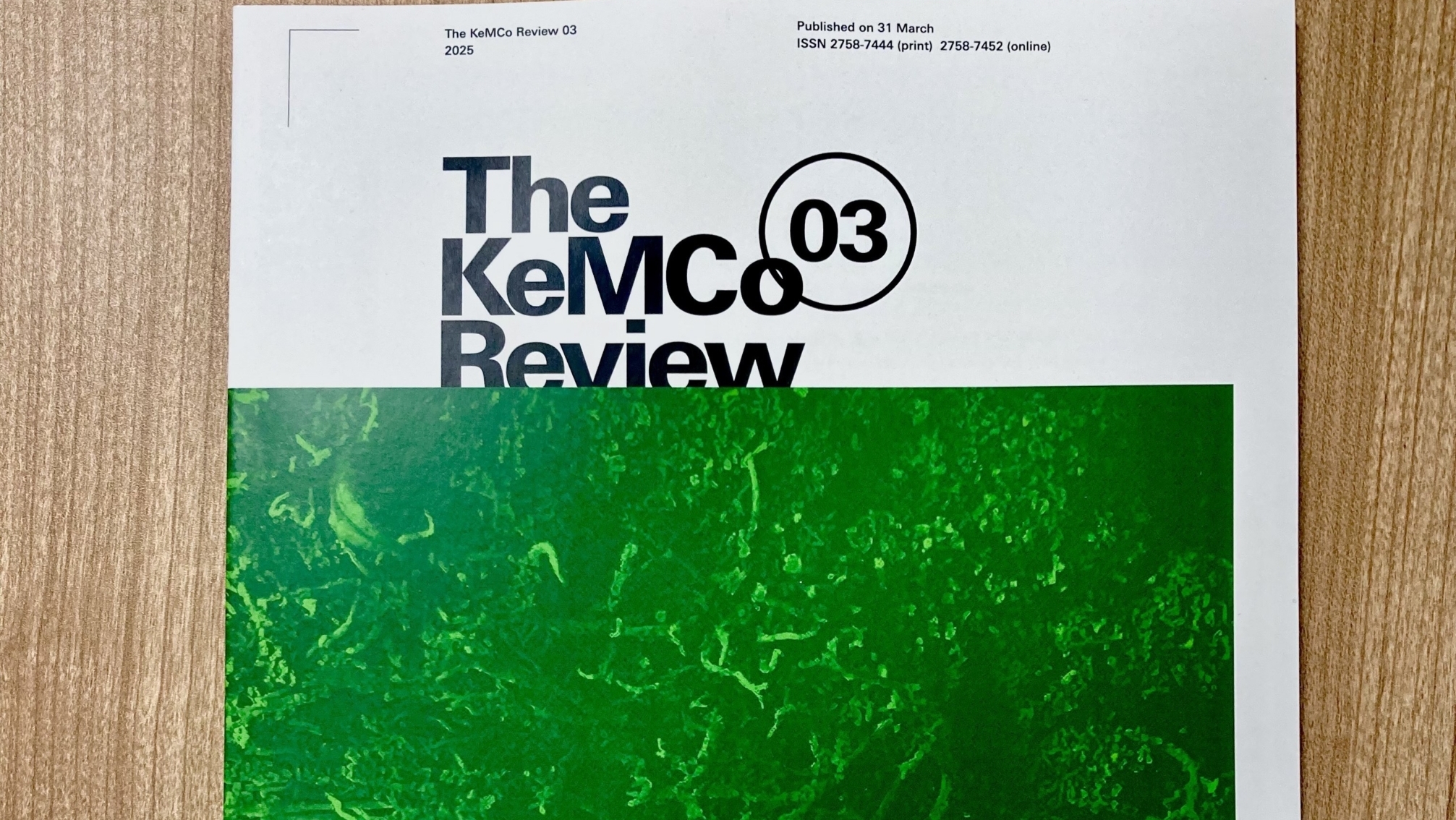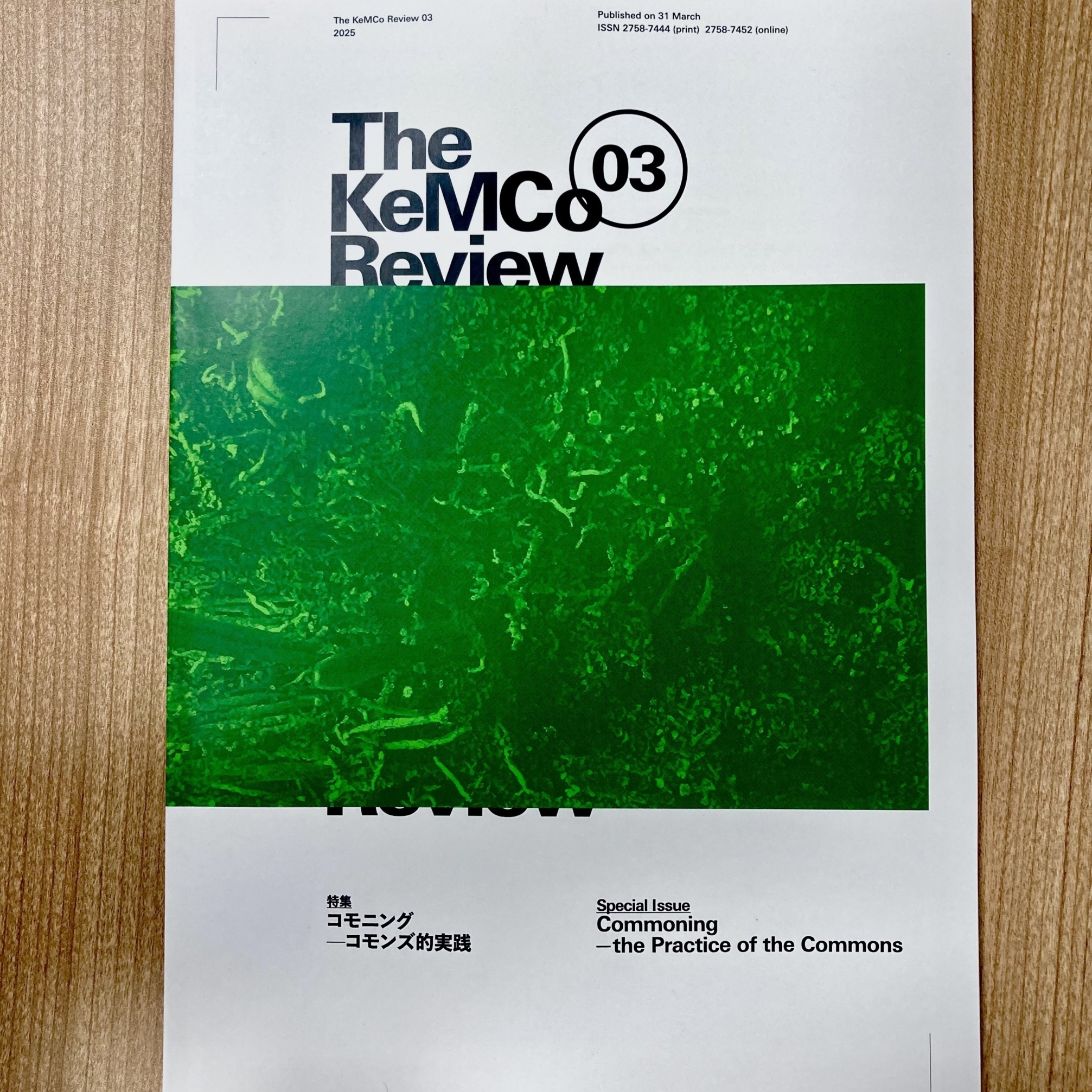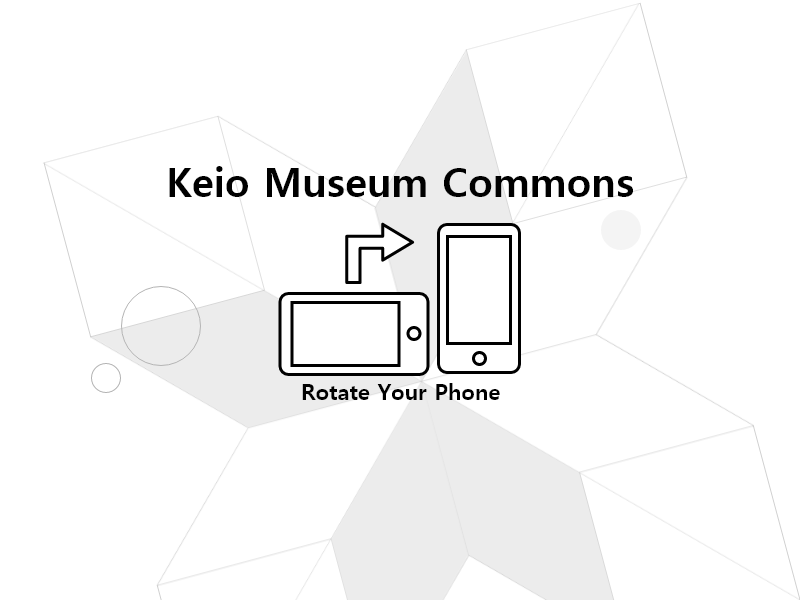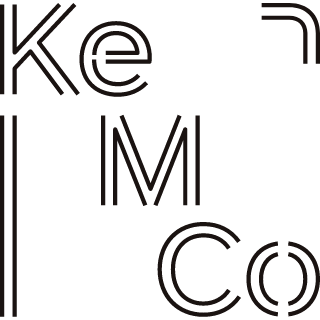The KeMCo Review 03
Special Issue: Commoning – the Practice of the Commons


The Keio University Museum Commons (KeMCo) is pleased to announce the publication of the third issue of its academic journal, ‘The KeMCo Review,’ in March 2025. This journal serves as a platform for sharing research and practices related to KeMCo’s activities, encompassing a wide range of fields both within and outside the university.
Table of Contents
Foreword
Special Issue: Commoning – the Practice of the Commons
・Mark Turin, “Walking A Digital Humanities Project Home, or Landing Digital Himalaya”
・Kiyonori Nagasaki, Kazuhiro Okada, Natsuko Nakagawa, “The Commons of Information Technology as a Foundation for Cultural Commons”
・Fumitoshi Kato, “ “Commoning” as Placemaking: An Exploration Through Eating-together Practices”
・Daisuke Sakuma, “Supporting Museum Commons through Community Engagement: A Case Study of Citizen Scientists and Authorship in Osaka Museum of Natural History’s “Nature Study” ”
・Yu Homma, Yukihiro Oshima, Hiroshi Shigeno, “Digital Commons Project: A Study of the Collaborative Use and Development of Digital Collections in the Field of Arts and Culture”
・Goki Miyakita, Eliko Akashi, “SOI (School on Internet) Asia’s Initiatives in Digitizing Cultural Resources in the Asia-Pacific Region”
Original Articles / Research Notes
・Shimpei Tsunefuka, “What Object-based Learning Through Artworks Brings Us: Towards Its Application to Art Education”
・Shiho Hasegawa, “Media Art and Publication: the Case of Mediamatic Magazine”

Author
Edited by
Editorial Board of Keio Museum Commons
Mika Machide, Shiho Hasegawa, Goki Miyakita, Ohmae Miyuki and Tsunefuka Shimpei (Keio Museum Commons)Design
Shunsuke Onaka (Calamari Inc.)
Published by
Keio Museum Commons
Format
B5 size, 120 pages
PDF
Cost
Free (Open Access)
Published
March 31, 2025
The KeMCo Review Issue 03: Special Issue on “Commoning – the Practice of the Commons”
Originally referring to spaces and resources such as shared pastures or communal lands, the concept of the “commons” has, in recent decades, undergone significant theoretical expansion. In his influential 1968 article The Tragedy of the Commons, Garrett Hardin argued that shared access to finite resources would inevitably lead to their depletion (Hardin 1968). In response to this thesis, scholars from a broad range of disciplines—including economics, anthropology, and sociology—have developed arguments supporting the viability and sustainability of commons-based systems, based on their analysis of real-life activities in common areas, and the commons theory of the modern era was developed.
The scope of commons discourse further broadened following Elinor Ostrom’s introduction of common-pool resources (Ostrom 1990). Since then, the notion of the commons has been extended well beyond natural or environmental resources to encompass a wide range of tangible and intangible domains: information and communication, urban space, intellectual property, digital content, and culture(三俣 2010).
–
Focusing specifically on cultural commons, discussions in Japan began gaining momentum in the 2010s (山田 2010). Proposals emerged calling for the formation of “cultural commons” as a vital role of future cultural institutions 地域創造 2014, 2017), alongside theoretical and practical investigations that explore the full range of commons-related perspectives (佐々木 2024).
–
Keio Museum Commons (KeMCo), which explicitly adopts the “commons” in its name and mission, has sought to function as a cultural commons through various initiatives. These include exhibitions co-curated by diverse participants, lectures that foster dialogue centered on cultural heritage, and the shared use of storage and imaging facilities. In 2023, KeMCo launched the online course Akichi in Collections Management (Keio Museum Commons 2023), highlighting the importance of designing frameworks for sharing through the lens of the “akichi”—a creative commons space.
–
Reflecting on KeMCo’s activities, we are reminded—as scholars such as Peter Linebaugh and David Harvey have stressed (Linebaugh 2008, Harvey 2012)—that commons are not simply given, but rather constituted through the dynamic and continual social process of “commoning.” Commons emerge from collective practices that reconfigure and reimagine material and social conditions.
–
Against this backdrop, The KeMCo Review Issue 03 takes “Commoning – the Practice of the Commons” as its special feature. This issue invites contributions that explore practices aligned with the idea of the commons across various fields, institutions, and communities, both within and beyond universities and cultural organizations in Japan and internationally. By sharing diverse efforts—across different actors, scales, and stages—we hope to open new possibilities for thinking and acting through the commons.







